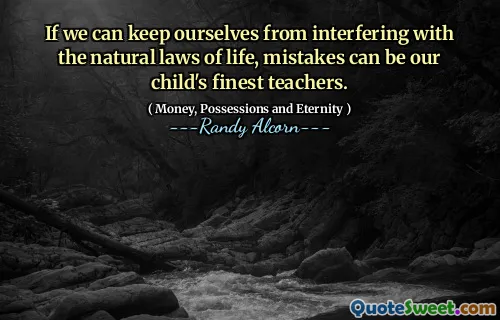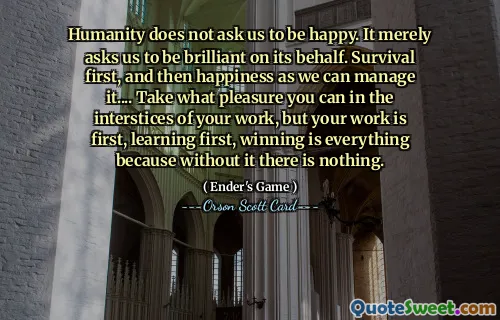
If you can't explain why someone should pay attention to what you're saying, maybe you shouldn't be saying it.
This quote emphasizes the importance of purpose and clarity in communication. It reminds us that effective communication isn’t just about talking; it’s about ensuring that what we say has meaning and relevance to our audience. When we speak without a clear reason or understanding of our own message, we risk losing the interest and trust of our listeners. In the context of teaching, leadership, or even everyday conversations, being able to articulate why our message matters is crucial for engagement. The quote challenges individuals to refine their thoughts and intentions before speaking, encouraging mindfulness about the content and the impact of their words. It also serves as a reminder that not every word needs to be spoken—selectivity and clarity are virtues that make communication more effective. When we understand our purpose and can convey it compellingly, we naturally attract attention and inspire action. This principle applies across various settings, whether in educational environments where motivating students is essential, in professional presentations aiming for influence, or personal interactions where genuine connection rests on honesty and purpose. Ultimately, this quote advocates for mindful dialogue, urging us to be thoughtful about our communication to foster understanding, trust, and engagement rather than noise and confusion.




